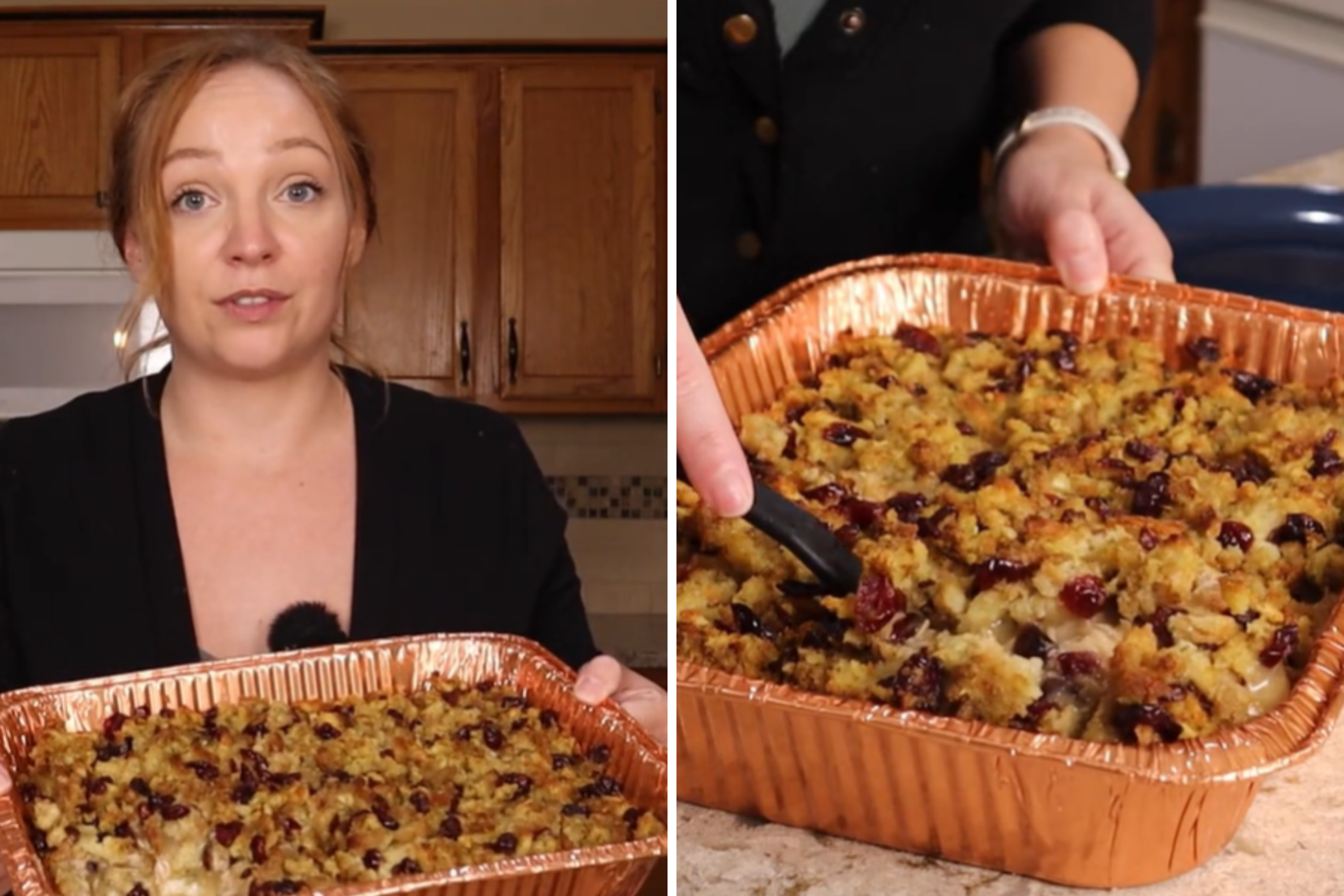Researchers have found a steep drop in deaths from cervical cancer, all thanks to the HPV (human papillomavirus) vaccine.
American women aged under 25 between 2016 and 2021—who were the first cohort of people to be given the HPV vaccine during their teen years—have a much lower rate of cervical cancer mortality than those in previous years, according to a new paper in the journal JAMA.
HPV is a sexually transmitted virus that is the primary cause of cervical cancer. Certain strains of HPV, particularly HPV-16 and HPV-18, are classified as high-risk types because they are responsible for about 70 percent of cervical cancer cases.
"HPV can cause cervical cancer primarily through the action of its high-risk strains, particularly HPV types 16 and 18. These types produce proteins that disrupt normal cellular functions, leading to cancer development," study co-author Ashish A. Deshmukh, an associate professor of cancer at the University of South Carolina, told Newsweek.
"The HPV vaccine prevents cervical cancer by protecting against the high-risk HPV types that cause the majority of cervical cancers, particularly HPV types 16 and 18."

Around 13 million people become infected with HPV each year, according to the CDC. The infection causes about 36,000 cases of cancer in both men and women across the U.S. each year.
The researchers found that cervical cancer mortality decreased by 3.7 percent per year between 1992–1994 to 2013–2015, but this jumped to a decline to 15.2 percent per year between 2013–2015 and 2019–2021.
"Assuming that the trend from 1992–1994 to 2013–2015 would have continued, an estimated 26 additional cervical cancer deaths would have been expected to occur between 2016 to 2021, based on projected mortality rates," the researchers wrote in their paper.
Women who were under 25 between 2016 and 2021 were among the first set of people to be offered the HPV vaccine, which prevents HPV infection and limits the virus's ability to cause cervical cancer.
"In the USA, the HPV vaccine has been offered to females since 2006 and to males since 2011 (first country in the world adopt a gender-neutral HPV vaccine policy)," Helen Bedford, a professor of Children's Health at University College London, told Newsweek.
According to the CDC, 135 million doses of HPV vaccines have been distributed across the United States since it was first introduced in 2006. The CDC recommends two doses of HPV vaccine at ages 11–12 years, with the second dose being given within a year of the first.
This widespread vaccine coverage led to a significant decline in HPV infections among vaccinated age groups: infections from cancer-causing and genital wart-causing HPV strains have dropped by over 80 percent in both teen girls and young adult women, and the percentage of cervical pre-cancers caused by the HPV has dropped by 40 percent.
"The research letter supports the vaccine's effectiveness, showing a steep decline in cervical cancer mortality among US women younger than 25 years between 2016 and 2021," Justin Stebbing, a professor of biomedical sciences at Anglia Ruskin University, told Newsweek.
"This cohort was the first to be widely protected by HPV vaccines, suggesting a sequential decline in HPV infection prevalence, cervical cancer incidence, and cervical cancer mortality."
Bedford agreed: "This is very good news and adds to the growing evidence about the effectiveness of HPV vaccine in preventing cervical cancer."
HPV infects the epithelial cells of the cervix—the channel between the vagina and the uterus—and integrates its DNA into the host cells, disrupting the normal cell cycle.
"Persistent infection can lead to changes in the cellular DNA, potentially causing the cells to become cancerous over time," Stebbing explained.
"The HPV vaccine is the most effective way to prevent some HPV-related cancers, including cervical cancer. It also protects against genital warts and other cancers," he explained.
"The HPV vaccine prevents cervical cancer by: 1. Stimulating an immune response against specific HPV types before exposure [and] 2. Preventing initial HPV infection, which in turn prevents the cellular changes that can lead to cancer."
Some countries haven't as strongly encouraged giving the HPV vaccine to men, primarily due to public health priorities, cost-effectiveness and cultural perceptions.
"Men can transmit HPV to women, so vaccinating men helps reduce overall transmission," Stebbing explained.
"Universal vaccination regardless of gender can help achieve better population-level protection," he said, adding: "HPV can cause other cancers that affect men, such as penile, anal, and oropharyngeal cancers."
There was a decline in HPV vaccination rates during the pandemic, due to teens not physically attending school.
"Unfortunately, many young people missed their HPV vaccination during the pandemic as it is offered primarily in schools (and schools were closed) and uptake generally has fallen. This is a highly effective and safe vaccine," Bedford said.
In the years since, HPV vaccination rates have continued to fall, dropping from 79.3 percent in 2022 to 75.9 percent in 2023, according to the paper.
"The study highlights the urgency to improve HPV vaccination coverage, noting a troubling decline in vaccination rates among US adolescents since the beginning of the COVID-19 pandemic," Stebbing said.
He concluded: "This underscores the importance of maintaining high vaccination rates across all eligible populations, including men, to maximize the vaccine's public health impact."
Do you have a tip on a science story that Newsweek should be covering? Do you have a question about geomagnetic storms? Let us know via science@newsweek.com.
References
Dorali, P., Damgacioglu, H., Clarke, M. A., Wentzensen, N., Orr, B. C., Sonawane, K., & Deshmukh, A. A. (2024). Cervical Cancer Mortality Among US Women Younger Than 25 Years, 1992-2021. JAMA. https://dx.doi.org/10.1001/jama.2024.22169



















 English (US) ·
English (US) ·